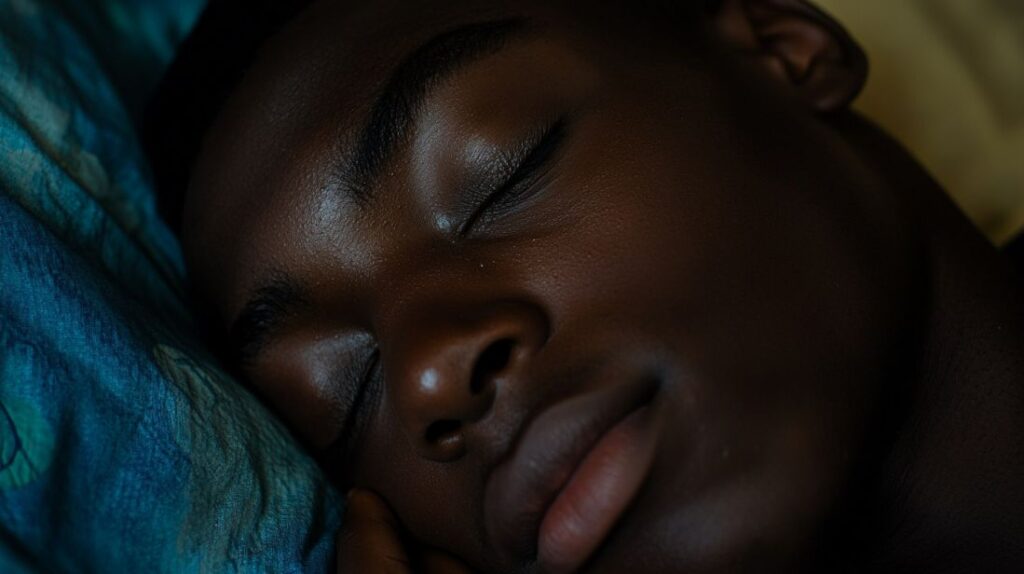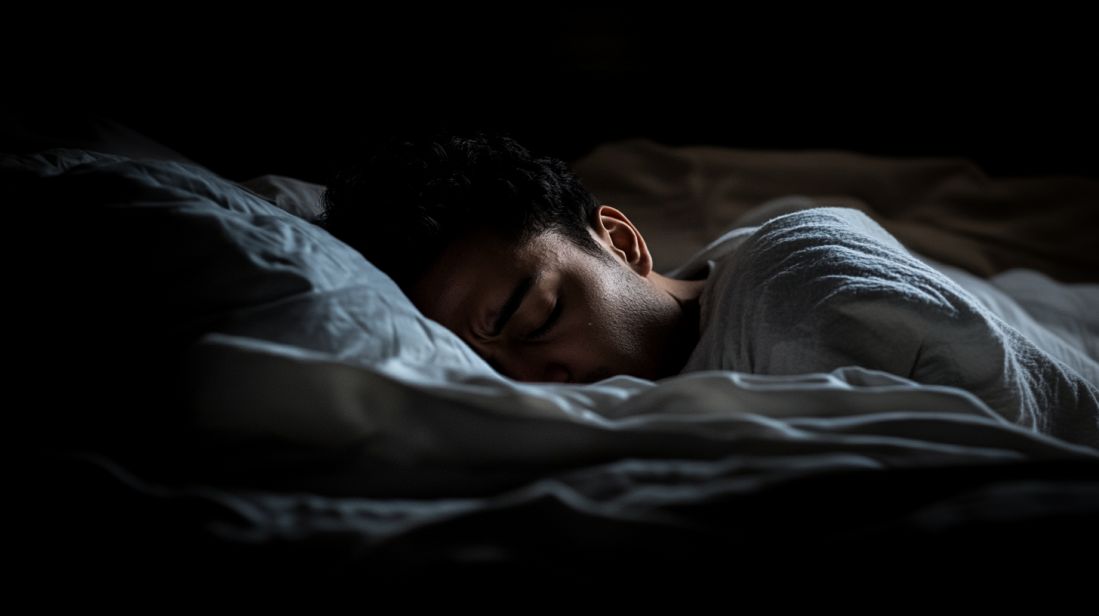We all know how important sleep is for our health. But what happens when pain or discomfort stands in the way of a good night’s rest? That’s where physiotherapy can come in. By addressing physical issues like chronic pain or stiffness, physiotherapy helps reduce discomfort and paves the way for a more restful sleep. It’s a game-changer for those who struggle to sleep because of physical pain—and it might just be the key to getting your sleep back on track.
The Connection Between Physical Health and Sleep
There’s a simple truth: when your body hurts, it’s harder to sleep. Pain, whether from an injury, chronic condition, or something as simple as bad posture, can make it tough to get comfortable at night. And when you can’t get comfortable, sleep becomes a struggle.
Pain interferes with your ability to relax, and that’s a major issue when it comes to falling asleep and staying asleep. Think about it—if you’ve got a sore back, tight shoulders, or aching joints, trying to lie down and relax is nearly impossible. You end up tossing and turning, trying to find a position that doesn’t make the pain worse.
But it’s not just about the obvious aches and pains. Other issues like tension, poor circulation, and tight muscles can also prevent restful sleep. All of these things are linked to your physical health, and improving your overall comfort can make a huge difference in how well you sleep.

How Physiotherapy Addresses Pain
We reached out to the team at Applied Motion to better understand how physiotherapy works its magic. They explained that physiotherapy is all about treating the root cause of pain and discomfort through movement, exercise, and hands-on techniques. It’s a holistic approach that doesn’t just mask symptoms but works to fix the problem from the inside out.
One of the key aspects, according to the Applied Motion experts, is its focus on mobility. If you’re struggling with tight muscles or stiff joints, their physiotherapists can guide you through specific exercises and stretches to release that tension. These exercises are designed to improve flexibility, strengthen weak areas, and promote better posture—all of which can help reduce pain and discomfort that might interfere with sleep.
The team also highlighted manual therapy as a highly effective technique. This involves hands-on methods such as massage or joint manipulation to ease pain and increase mobility. As they put it, if you’ve ever experienced the relief of a professional massage, you’ll know just how transformative these treatments can be in helping your body feel relaxed and at ease. These therapies go a long way in improving comfort and making it easier to find a restful sleep position.
Applied Motion is also well-known for their expertise in paediatric physiotherapy https://appliedmotion.com.au/paediatric-physiotherapy-perth/, addressing a range of specific child pain disabilities and movement challenges. From developmental delays and posture issues to managing conditions such as cerebral palsy or juvenile arthritis, their paediatric specialists provide personalised care to help children move comfortably and confidently.
And it’s not just about the physical side of things. Applied Motion physiotherapists also provide practical advice on improving posture, managing stress, and incorporating gentle stretching into your daily routine. These simple yet effective strategies target the root causes of pain and discomfort, ultimately contributing to better, more restful sleep.

Case Studies
To help illustrate just how effective physiotherapy can be, let’s take a look at a few examples of how it’s helped people improve their sleep.
Imagine Sarah, a 35-year-old office worker who spends long hours hunched over a computer. Over time, she started developing chronic neck and back pain, which made it hard for her to get comfortable at night. She’d toss and turn, unable to find a position that didn’t make her neck ache. After a few sessions with a physiotherapist, Sarah learned a series of stretches and exercises that improved her posture and relieved the tension in her neck and back. Within weeks, she noticed a significant improvement in her sleep. Her pain decreased, and she was finally able to sleep through the night without constantly shifting.
Then there’s James, a 50-year-old with knee arthritis. His knee pain had been gradually worsening, and by the time he sought help, it was affecting his ability to sleep. He’d wake up in the middle of the night with sharp pains in his knee, making it impossible to fall back asleep. Through physiotherapy, James worked on strengthening the muscles around his knee and improving his range of motion. His physiotherapist also gave him tips on how to support his knee while sleeping, like using pillows to prop it up in a comfortable position. Slowly but surely, his pain decreased, and his sleep quality improved. James now wakes up feeling more rested and with less discomfort.
These examples show just how much of a difference physiotherapy can make when it comes to managing pain and improving sleep. When physical discomfort is reduced, sleep improves naturally.
Broader Benefits of Combining Physiotherapy with Sleep Hygiene
It’s important to remember that physiotherapy is just one piece of the puzzle when it comes to improving your sleep. Combining physiotherapy with good sleep hygiene practices can take your sleep quality to the next level.
For example, having a consistent sleep schedule is crucial. Try to go to bed and wake up at the same time every day, even on weekends. This helps regulate your body’s internal clock and makes it easier to fall asleep and wake up naturally.
Creating a comfortable sleep environment is also key. Make sure your mattress and pillows support your body well, and keep your bedroom cool, dark, and quiet. A calming environment can help you relax and get into the right mindset for sleep.
Stress management is another important factor. Physiotherapy can help reduce physical tension, but it’s also a good idea to incorporate relaxation techniques like deep breathing, meditation, or even a warm bath before bed. These practices help calm your mind, which can be just as important as relaxing your body.
Lastly, don’t underestimate the power of exercise. Regular physical activity, especially activities that involve stretching and strengthening, can help you sleep better. Just make sure to finish any intense exercise well before bedtime to avoid being too energized when it’s time to sleep.

Conclusion
At the end of the day, getting better sleep isn’t just about counting hours—it’s about making sure your body is comfortable enough to rest. Physiotherapy offers a practical solution for those struggling with pain that’s getting in the way of their sleep. By addressing the root causes of discomfort, physiotherapy helps reduce pain, improve posture, and increase mobility, all of which lead to better sleep quality.
If you’re someone who suffers from pain that’s affecting your sleep, it might be time to consider physiotherapy as part of your overall sleep strategy. Pair it with good sleep hygiene, and you could be on your way to sleeping soundly through the night, feeling more rested and ready to take on the day.



